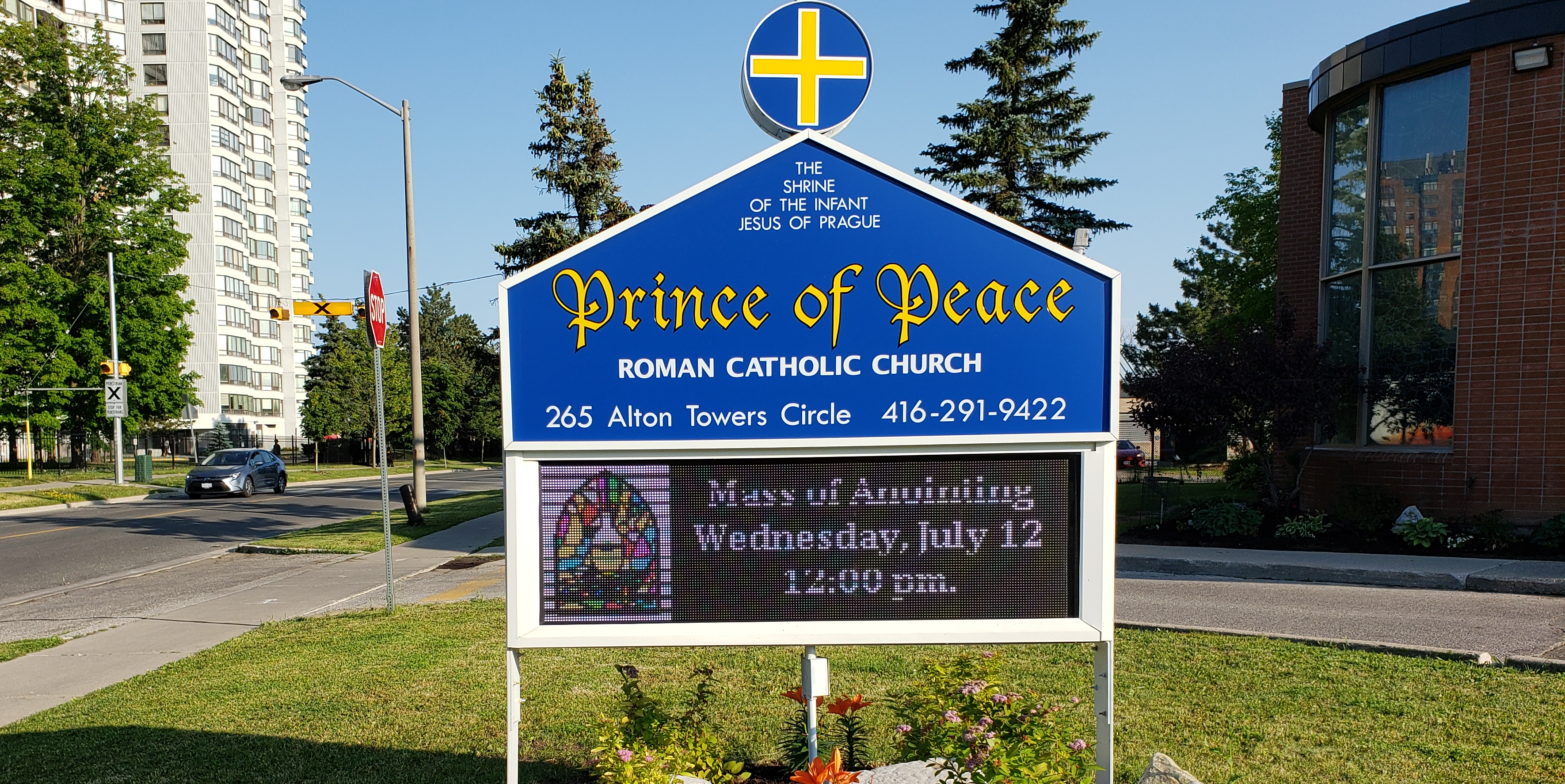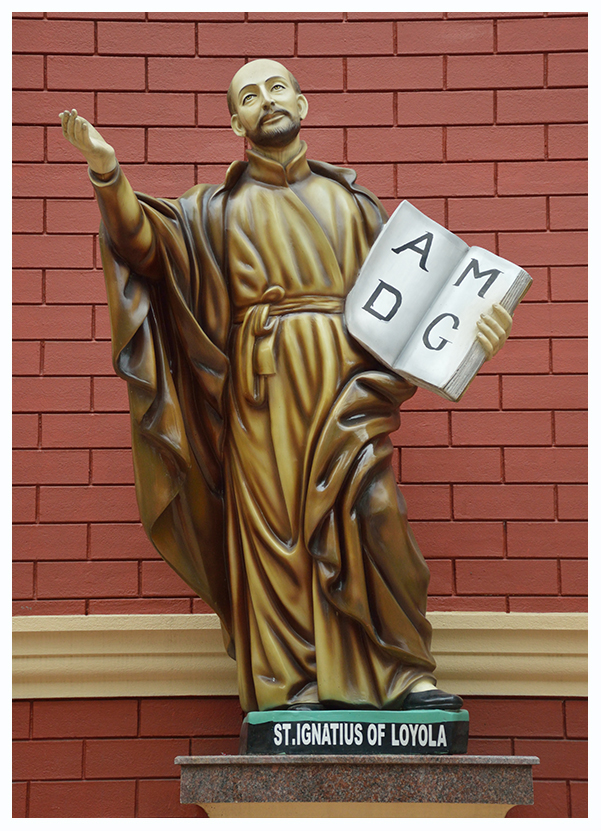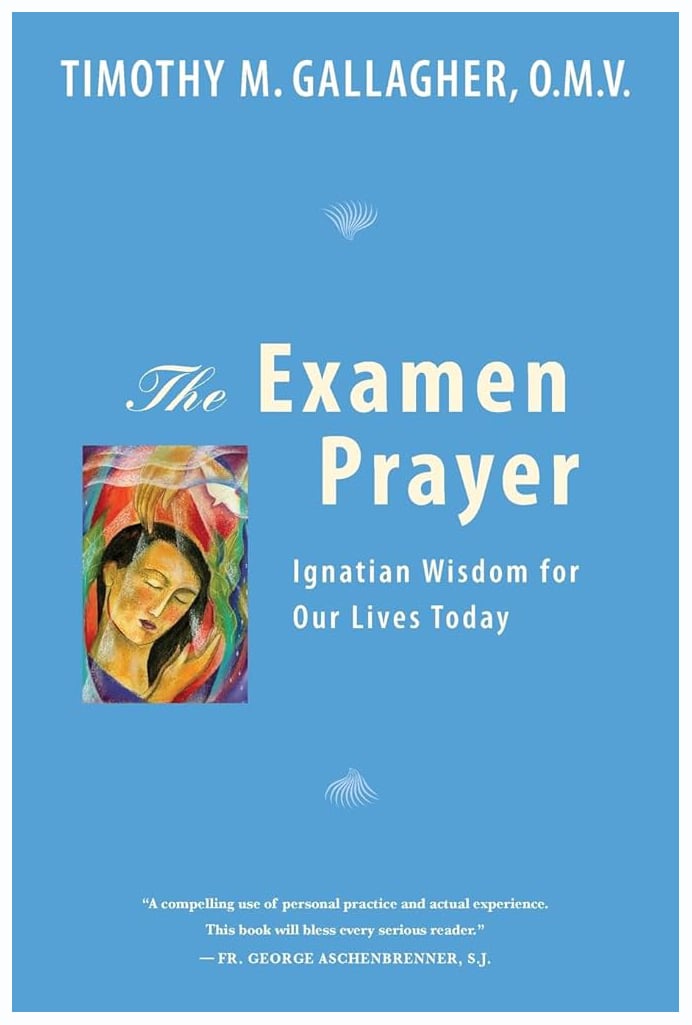
Hear me all who understand. Nothing that enters one form outside can defile that person; but the things that come out from the heart are what defile
This reflection based on the readings for the Twenty-second Sunday in Ordinary Time—Year B: Deuteronomy 4: 1-2, 6-8; Psalm 15; James 1: 17-18, 21b-22, 27; and Mark 7: 1-8, 14-15, 21-23.
In our first reading this Sunday, from the Book of Deuteronomy, we hear the people of Israel asking what other nation has a god who lives so closely with them as the God of Israel dwells with them. They believed that by observing the commandments, they were God’s people and God dwelt with them. As the psalmist proclaims: “The one who does justice will live in the presence of the Lord.” As a sign that the Lord lived with them, the people of Israel kept the Ark of the Covenant, containing the Ten Commandments given them by God, in the Temple in Jerusalem.
 For us as Christians, the idea that God dwells with us actually takes on a much greater significance. We believe that God sends His Holy Spirit to dwell in our hearts. We no longer have the idea that God dwells in a building. For the Christian, each human being is called to be a Temple of the Holy Spirit. This reality, that God desires to come and dwell within us, is why Jesus places such a significance on the interior life. In this Sunday’s Gospel, Jesus draws our attention to the reality that it is what is in a person’s heart that determines whether the Lord Himself is able to dwell within that heart. As many of the great spiritual writers of our tradition have written, God cannot dwell in a heart that is full of hatred, envy, pride and greed. The heart must be a place that is open and free to contain the Lord.
For us as Christians, the idea that God dwells with us actually takes on a much greater significance. We believe that God sends His Holy Spirit to dwell in our hearts. We no longer have the idea that God dwells in a building. For the Christian, each human being is called to be a Temple of the Holy Spirit. This reality, that God desires to come and dwell within us, is why Jesus places such a significance on the interior life. In this Sunday’s Gospel, Jesus draws our attention to the reality that it is what is in a person’s heart that determines whether the Lord Himself is able to dwell within that heart. As many of the great spiritual writers of our tradition have written, God cannot dwell in a heart that is full of hatred, envy, pride and greed. The heart must be a place that is open and free to contain the Lord.
The truth about life is that much of our happiness and peace is not determined by external reality but by the disposition of our hearts. It is each one of us who ought to be free to decide how much power and significance we are going to give to the external realities in our lives. I think that we can all remember different occasions in which we, or someone else, has maintained great peace in difficult circumstances. There are instances when people with a great deal get very upset over a very small matter and others where people with little in grave circumstances maintain great peace. One of the spiritual attitudes that I have found has helped me and others to maintain peace and perspective in the midst of difficulties is that of gratitude. Those who seem to recognize that each day, and everything we have, is a gift from God, seem to have a greater peace and resilience in the face of adversity. Such people have an ability to remain in God’s presence throughout hardship. On the other hand, those who have an attitude of entitlement, believing God and the world owe them something, seem to often feel angry, cheated and upset with the circumstances of their life. Even when these people seem to have everything, they notice only what others have and are upset that they do not have this also.
The joy of living in God’s presence and realizing that everything that we have is a gift requires a certain amount of spiritual discipline. In order to live this way, each one of us needs to be examining our lives to foster an awareness of God’s presence and of the reality of our gifted, or in theological language, grace-filled existence.
Almost five hundred years ago, a great spiritual giant in the life of the Church, St. Ignatius Loyola, proposed to those who came to him to deepen in their spiritual life an exercise called the Examen Prayer as a way of being aware of God’s presence in their lives and responding to this presence with a deeper consciousness. He proposed that those who followed this method of prayer would become more aware of God’s presence, and as they did so would allow their hearts to be given over to Him more and more. As the first reading indicated that the people of Israel became God’s people by doing His will, so too Ignatius believed that by becoming more conscious of living in God’s presence, Christians would more deeply hand their hearts over to His presence and become more authentically the people of God. Or if we take Jesus’s words in the Gospel today, the purpose of the Examen Prayer is that our hearts become places in which the Lord may dwell and allow us to do His good work from within hearts that are handed over to Him. 
I have shared with you the method of the Examen Prayer before. However, I think it can be so helpful, that I like to go over it every few years. I am going to share with you a version that I have found summarized in a book called The Examen Prayer: Ignatian Wisdom for Our Lives Today. It was written by Fr. Timothy Gallagher, O.M.V. and can be purchased on Amazon. The one-page summary that I provide at the end of this reflection is from page 25 of his book. In the book itself, Fr. Gallagher goes through each stage of this spiritual exercise with very concrete examples.
The Examen Prayer begins with the individual finding a quiet place to engage in the prayer. It can take five to fifteen minutes to do. As the individual enters into the exercise, the person makes a TRANSITION from the business of life to being aware of being in God’s presence. St. Ignatius emphasized that as we come into God’s presence for this exercise, we do so with an awareness that we are God’s beloved children and He gazes upon us with the love of the Father. It seems to me that this is an important way to enter into all of our prayer. We are relating to God who is our loving Father. Some suggest praying an “Our Father” at this time.
The first step of the exercise is GRATITUDE. As Fr. Gallagher states: we “note the gifts that God’s love has given me this day, and I give thanks to God for them.” In the spiritual life, gratitude is so important. When we realize that everything we have and are is a gift from God, our attitude towards life is so dramatically different. To really be in God’s presence calls us to begin with gratitude.
The second step is to PETITION for the grace of the Holy Spirit to make a good examen. Through this form of petition, we ask that we might be filled with the Holy Spirit so that we might truly be aware of being in God’s presence. Gallagher writes at this stage we: “ask God for an insight and a strength that will make this examen a work of grace, fruitful beyond my human capacity alone.”
Step three is a REVIEW of the day. The purpose of the review is to ask ourselves how during the day we were aware of God’s presence and how we responded to that presence. This is not a review of our sins! It is asking ourselves where did we see God during the day and how did we respond. We might think of the times during the day that we saw God in an event or person and responded positively. We might also recognize the times we missed God or chose not to respond to His presence. Here Gallagher states: “With my God, I review the day. I look for the stirrings in my heart and the thought that God has given me this day. I look also for those that have not been of God. I review my choices in response to both, and throughout the day in general.”
In the fourth step we ask FORGIVENESS of God for the times we missed His presence or did not respond to His invitation to draw closer to Him or do His will. In this regard, Gallagher states beautifully: “I ask for the healing touch of the forgiving God who, with love and respect for me, removes my heart’s burdens.”
The fifth and final step is one of great hope as it is a resolve to RENEWAL. Here, as we acknowledge that we may have not responded to God during the course of the day, we ask for the grace to do so the following day. This is not an exercise to become aware of failures. It is an exercise to growth and to respond to God’s initiative to draw closer to each of us. In this step, Gallagher writes: “I look forward to the following day and, with God, plan concretely how to live it in accord with God’s loving desire for my life.” The examen invites us each day to live more deliberately as God’s people.
The prayer concludes with a TRANSITION back in to the course of the day as, “aware of God’s presence with me, I prayerfully conclude the examine.”
Some people pray this at the end of the day. Others find a quiet time during the day. It can be adapted to suit a person’s needs. There may be a time when we spend more time on gratitude or another stage of the exercise. It is for each person to follow according to what will assist growth in the interior life. As a tool to assist those who wish to grow in this prayer, I will reproduce page 25 of Fr. Gallagher’s book. For those who might wish to purchase it, the ISBN number is: 13:978-0-8245-2367-1.
In this Sunday’s Gospel, Jesus speaks of the importance of what comes out of a person’s heart. May His words call all of us to grow in an awareness that He is always with us and always invites us to live in His presence by keeping His commands and following the promptings of the Holy Spirit in our hearts.
A summary of the Examen Prayer taken word for word from page 25 of Fr. Timothy Gallagher’s book: The Examen Prayer: Ignatian Wisdom for Our Lives Today. This book was published by The Crossroads Publishing Company of New York in 2006.
An Outline of the Examen
This outline is based on Ignatius’s presentation of the examen in the Spiritual Exercises (no. 43). I place it here as an introduction to all that follows; it may also serve, once the content of this book has been assimilated, as a practical tool in praying the examen.
Transition: I become aware of the love with which God looks upon me as I begin this examen.
Step One: Gratitude. I note the gifts that God’s love has given me this day, and I give thanks for them.
Step Two: Petition. I ask God for an insight and a strength that will make this examen a work of grace, fruitful beyond my human capacity alone.
Step Three: Review. With my heart, I review the day. I look for the stirrings in my heart and the thoughts that God has given me this day. I look also for those that have not been of God. I review my choices in response to both, and throughout the day in general.
Step Four: Forgiveness. I ask for the healing touch of the forgiving God who, with love and respect for me, removes my heart’s burdens.
Step Five: Renewal. I look to the following day and, with God, plan concretely how to live in accord with God’s loving desire for my life.
Transition: Aware of God’s presence with me, I prayerfully conclude the examen.
All that appears above in italics is quoted from page 25 of The Examen Prayer: Ignatian Wisdom for Our Lives Today.
Fr. Michael McGourty is Pastor of St. Peter’s Church in downtown Toronto.
